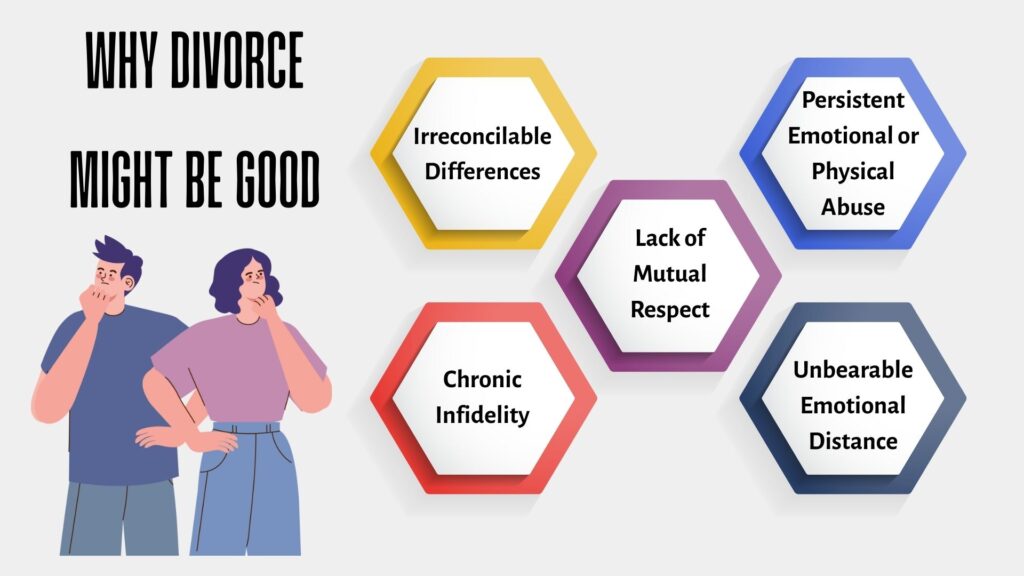
Marriage in India is revered as a sacred union, a bond intended to last a lifetime, deeply woven into the fabric of cultural and familial values in the current era. This emphasis on lifelong commitment has contributed to India having one of the lowest divorce rates globally.
However, beneath this tradition lies a changing reality. While marriage remains a cornerstone of society for many, perspectives on divorce are evolving, and in certain circumstances, ending a marriage can offer a necessary and positive path forward. This article explores the shifting landscape of divorce in India, examining the statistics, the reasons behind marital breakdowns, and the specific situations where divorce can lead to greater well-being for individuals and families.
The Changing Tide: Understanding Divorce Rates in India Today
In metropolitan cities, a significant increase in divorce rates has been observed, with some studies indicating a rise of 30–40% in the past decade. This upward trend is particularly noticeable among the younger generation and in urban areas compared to rural regions. Furthermore, data suggests that a significant portion of these divorces occur among individuals aged 20 to 35, and increasingly, it is women in urban settings who are initiating the proceedings. This shift indicates a growing assertiveness among younger generations and women in making choices that prioritise their personal happiness and well-being.
Finding Light in Separation
While divorce is often associated with pain and loss, there are specific circumstances where it can represent a positive and necessary step towards a better future. One such critical situation involves domestic abuse. For individuals experiencing physical, emotional, or psychological abuse within their marriage, divorce offers an avenue to safety and freedom. Staying in an abusive relationship can have severe and long-lasting detrimental effects on mental and physical health, making divorce the only option for survival and well-being.
“There were days when I felt like we had nothing in common and it used to drag me to despair imagining having to live with this unfeeling, uncouth human being for years more to come.”
Namitha, Historian, Jabalpur
Another important circumstance is when irreconcilable differences lead to severe mental health issues for one or both partners. When fundamental disagreements and incompatibilities persist despite efforts to reconcile, the resulting chronic stress and depression can become debilitating. In such cases, divorce can be a necessary measure to protect the mental health of those involved, allowing them to move towards a more peaceful and stable life.
“I am shuttling between two homes, but that is infinitely better than when my parents were not happy with each other.”
Madhuri, Student, Indore
Divorce can also be a positive step in situations negatively impacting the well-being of children. While the separation of parents can be challenging for children, remaining in a high-conflict or dysfunctional family environment can be even more harmful to their emotional and psychological development. In marriages marked by constant arguments, abuse, or neglect, divorce can ultimately provide a more stable and nurturing environment for children, even if it means living in separate households.
A marriage where respect and trust have completely eroded can lead to a toxic environment. Moreover, when it turns into a relationship devoid of emotional connection, intimacy, or companionship, and attempts to reconnect have failed, divorce can offer a chance for both partners to find fulfilment elsewhere. Lastly, if one or both partners engage in repeated acts of infidelity and there is no willingness to rebuild trust or repair the relationship, divorce can help them move forward independently.
Potential Positive Outcomes of Divorce
In the circumstances outlined above, divorce can lead to several positive outcomes. For individuals, it can result in improved mental and emotional health. Leaving an unhappy or toxic marriage can alleviate anxiety and depression, allowing individuals to focus on healing and rebuilding their lives. In cases of abuse, divorce brings increased safety and security, offering a chance to escape violence and fear.
“Remember in the movie The Great Indian Kitchen, the woman is shown pursuing her dance career after her divorce. I think that epitomises what divorce from a bad marriage offers a woman.”
Kamal, Relationship Expert, Rematch
Divorce can also create opportunities for personal growth and self-discovery. Freed from the constraints of an unfulfilling marriage, individuals may find the space to pursue their own interests, goals, and happiness, leading to a stronger sense of self and increased self-esteem. Furthermore, in high-conflict situations, divorce has the potential to create a more stable and peaceful environment for children. While the initial adjustment may be difficult, children will thrive in households where conflict is reduced, and parents, even if separated, can provide more focused and positive parenting.
Acknowledging the Difficulties of Divorce
Despite the potential positive outcomes, it is important to acknowledge the challenges associated with divorce in India. The social stigma, while diminishing in urban areas, persists in many parts of the country. This can lead to judgment, isolation, and difficulties in social reintegration, particularly for women.
“My husband was abusive and threw me out of the house in the dead of the night. He threatened that he would drag the divorce process if I asked for alimony. I did not need the money, so I did not ask for alimony. Years later, I still carry the scars from that marriage.”
Veena, Accountant, Bhopal
Divorce also often carries significant financial implications for both parties. The division of assets, potential alimony or maintenance payments, and the costs of establishing separate households can create considerable financial strain and uncertainty. Additionally, divorce inevitably takes an emotional toll on everyone involved, including children. The process can evoke intense feelings of grief, anger, sadness, and confusion, requiring time, support, and often professional help to navigate.

Conclusion: Embracing a Balanced View of Divorce
Divorce is a complex issue with far-reaching consequences. While the traditional emphasis on lifelong marriage in India holds value, it is essential to recognise that in certain deeply challenging circumstances, divorce can be a courageous and ultimately positive step. When faced with domestic abuse, irreconcilable differences leading to severe mental health issues, or situations that negatively impact the well-being of children, divorce can offer a path towards a healthier, safer, and happier future for individuals and families. It is crucial to approach this sensitive topic with a balanced perspective, acknowledging both the difficulties and the potential for positive transformation, and encouraging those considering divorce to seek appropriate support and make informed decisions based on their unique needs and circumstances.
If you think divorce is the right move for you and is in the process of applying for one, read our detailed blog on the steps involved in applying for divorce. You will find first-hand information from women and men who had gone through divorce for various reasons, and about the differences when applying for a mutual divorce or contested divorce.
Further, if you want an immediate checklist for when separating from your partner, take a look at the list compiled by our relationship experts here.
If you have already gone through a divorce and feel ready to meet new people to restart your life, download our app. You will be matched with people that are compatible with your goals and preferences in the Rematch app.

